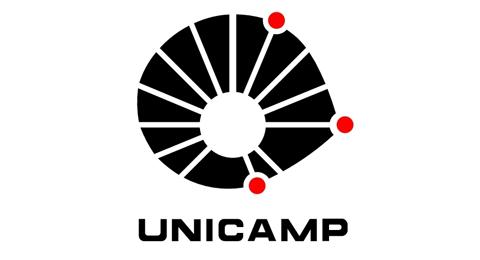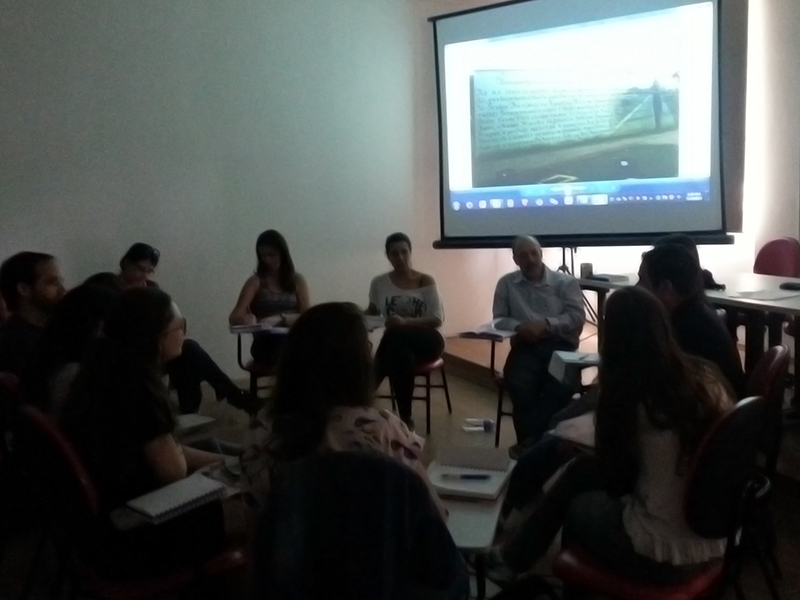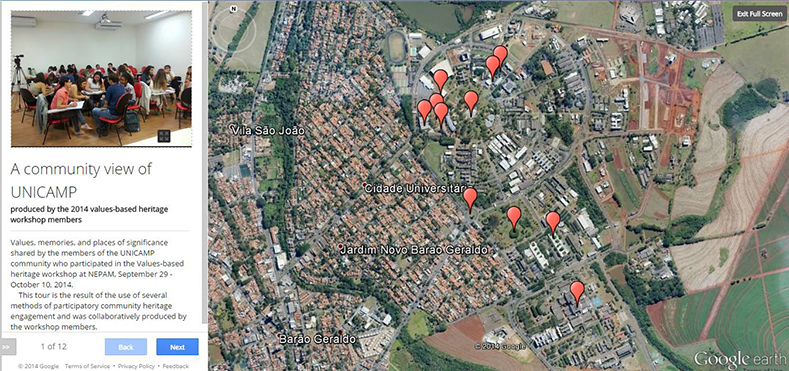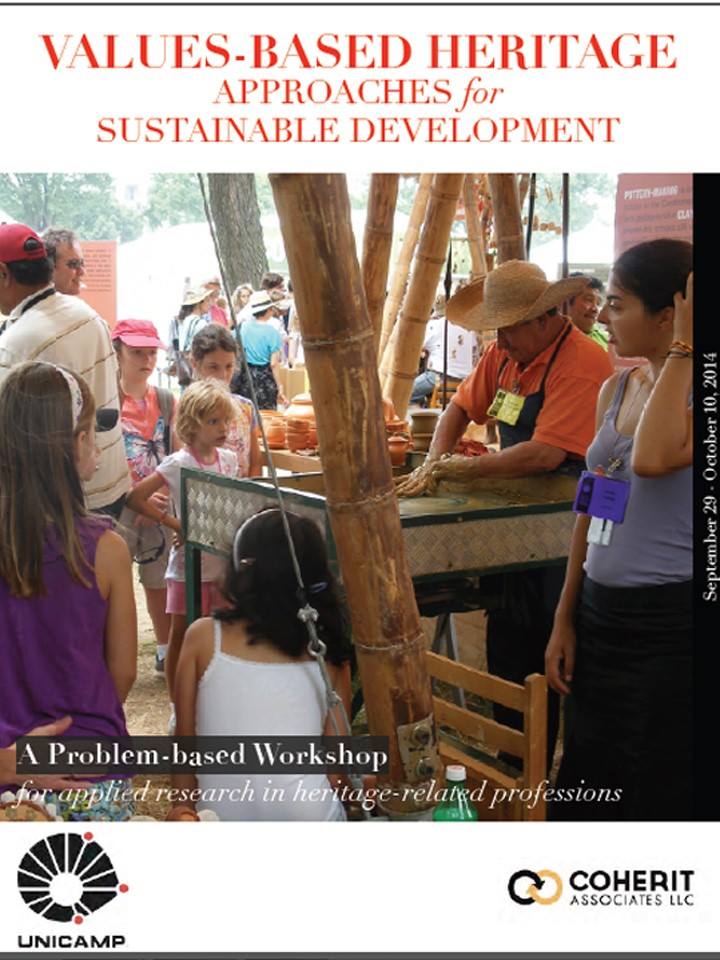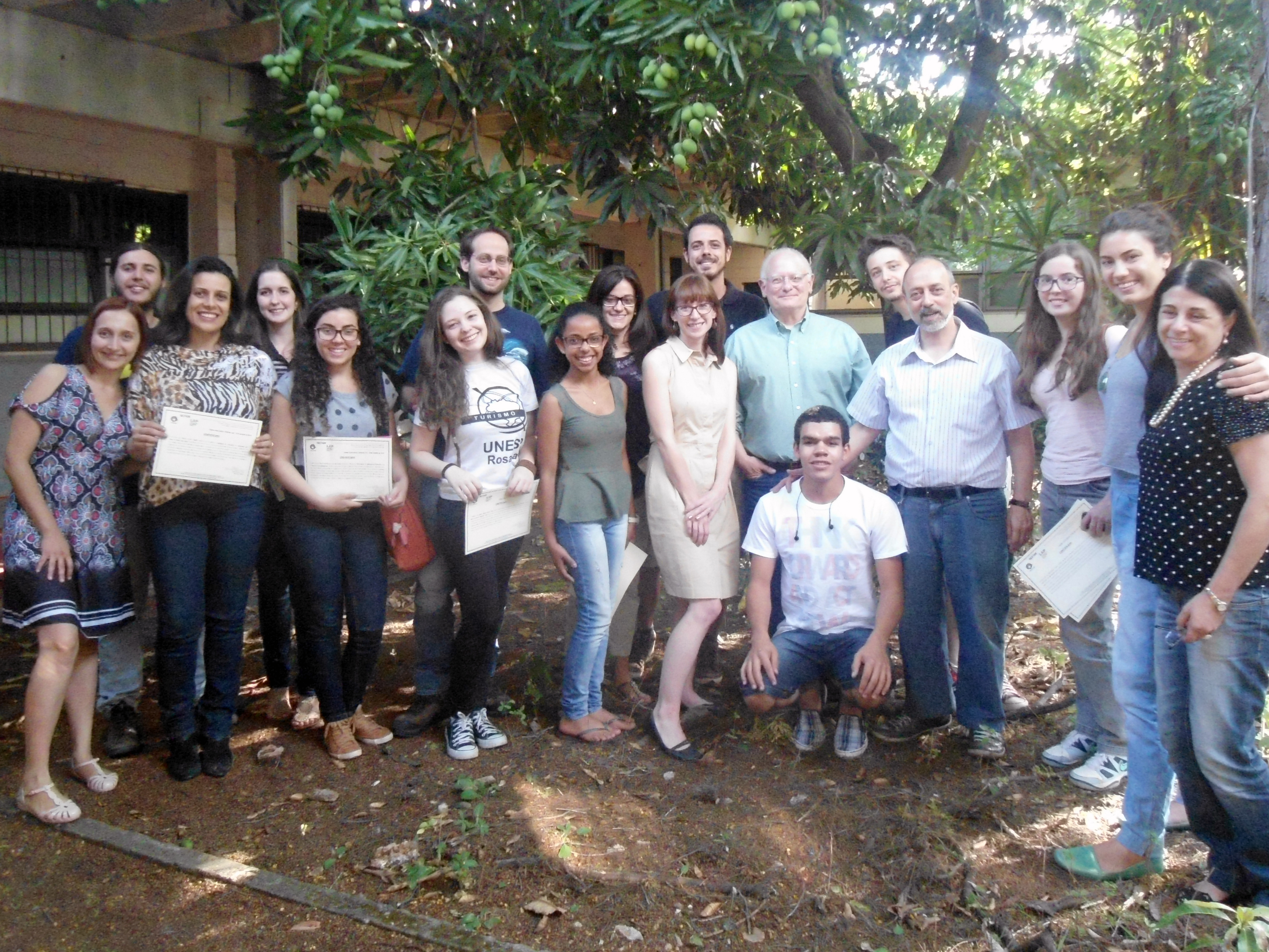Client:
University of Campinas, Brazil
The University of Campinas (UNICAMP) is a state-funded research university and complex of specialized research centers in the State of Sao Paulo, with an enrollment of over 40,000 undergraduate and graduate students. Its Center for Environmental Studies and Research (NEPAM) and its Paulo Duarte Public Archaeology Laboratory are recognized internationally for their innovative approaches to the study and conservation of both natural and cultural heritage.
